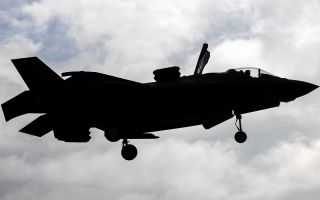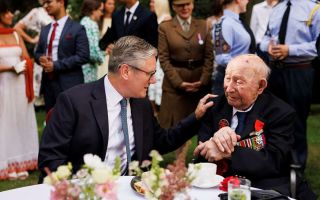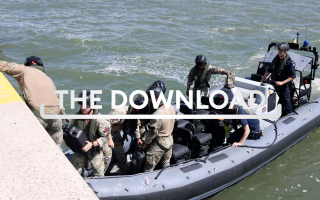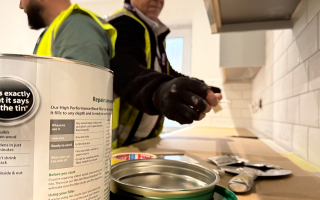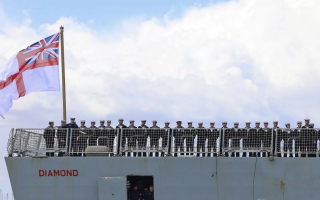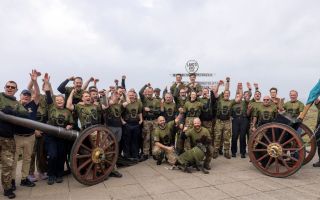Tri-Service
MPs To Probe MoD's 'Duty Of Care'
MPs on Parliament's Defence Committee will today investigate the duty of care the MoD is supposed to provide for its employees.
It follows a number of incidents where personnel have been injured or killed while on exercises.
If you're a train driver, bank manager or teacher, your employer - within reason - has a duty to protect you from harm or loss while working. It’s called the "duty of care".
The same should apply if you are a sailor, soldier or airman. But does it?
The Ministry of Defence has been criticised in a number of court cases and inquests for failing to fulfil its duty of care to its employees.
MP’s last year started to investigate this and will hear more evidence today (Tuesday).
In December 2015, specialist lawyer Philippa Tuckman told the sub-committee that the MoD does not fully understand its duty of care to service personnel.
"What I see... is repeated instances of injuries that could have been prevented if the information gained from previous accidents had been heeded, had been logged, had been processed, and if lessons had been learned"
In July 2013, a coroner concluded that neglect played a part in the deaths of three Army reservists, during a 16-mile SAS selection march in the Brecon Beacons in the same year.
Lance Corporal Edward Maher, from Winchester, and Lance Corporal Craig Roberts, originally from Penrhyn Bay in North Wales, were pronounced dead on the hills.
Corporal James Dunsby, from Trowbridge in Wiltshire, died at Birmingham's Queen Elizabeth Hospital from multiple organ failure more than two weeks after the march.
Heatstroke caused their deaths.
Although the three were part of an SAS selection exercise, which most agree would have to be tough, their employer still had a duty of care towards them, which they neglected to fulfil.
Put simply, an employer's duty of care means they should ensure their employees don't suffer any unreasonable harm or loss while at work.
According to the Advisory, Conciliation and Arbitration Service (ACAS) this can manifest itself in many ways, from ensuring a safe working environment and protecting staff from discrimination, to undertaking risk assessments and providing adequate training.
Analysis from Tim Cooper, Forces News:
Many might read this and howl about the nanny state, wail about the fact soldiers need to be hard men and women and decry any "health-and-safety-gone-mad" nonsense making military training and fighting impossible.
However, this viewpoint would serve to misunderstand the issue.
This isn't about wrapping soldiers up in cotton wool and never allowing them to fire a rifle let alone take on the enemy. It's simply about keeping soldiers sensibly safe during training and on operations, ensuring as many as possible are fit and able to fight when needed.
The MoD say it's not just a legal requirement to adhere to the duty of care; it's in their interests.
Major General Chris Tickell, Director General of the Army Recruiting and Training Division, told the inquiry in 2015:
"From me down to the most junior NCO, the whole purpose of what we do is to get people through the training engine to success, as opposed to the opposite. It is beholden on the individual, but it is absolutely beholden on the training staff to have a duty of care to the individual, to make sure he or she can continue to get to the end state."
Duty of care is, in essence, predicting the likely pitfalls and trying to mitigate against them.
Accidents always happen. The committee of MPs will try to decide whether the MOD is doing enough to try and prevent the predictable and therefore do its duty to its personnel.


